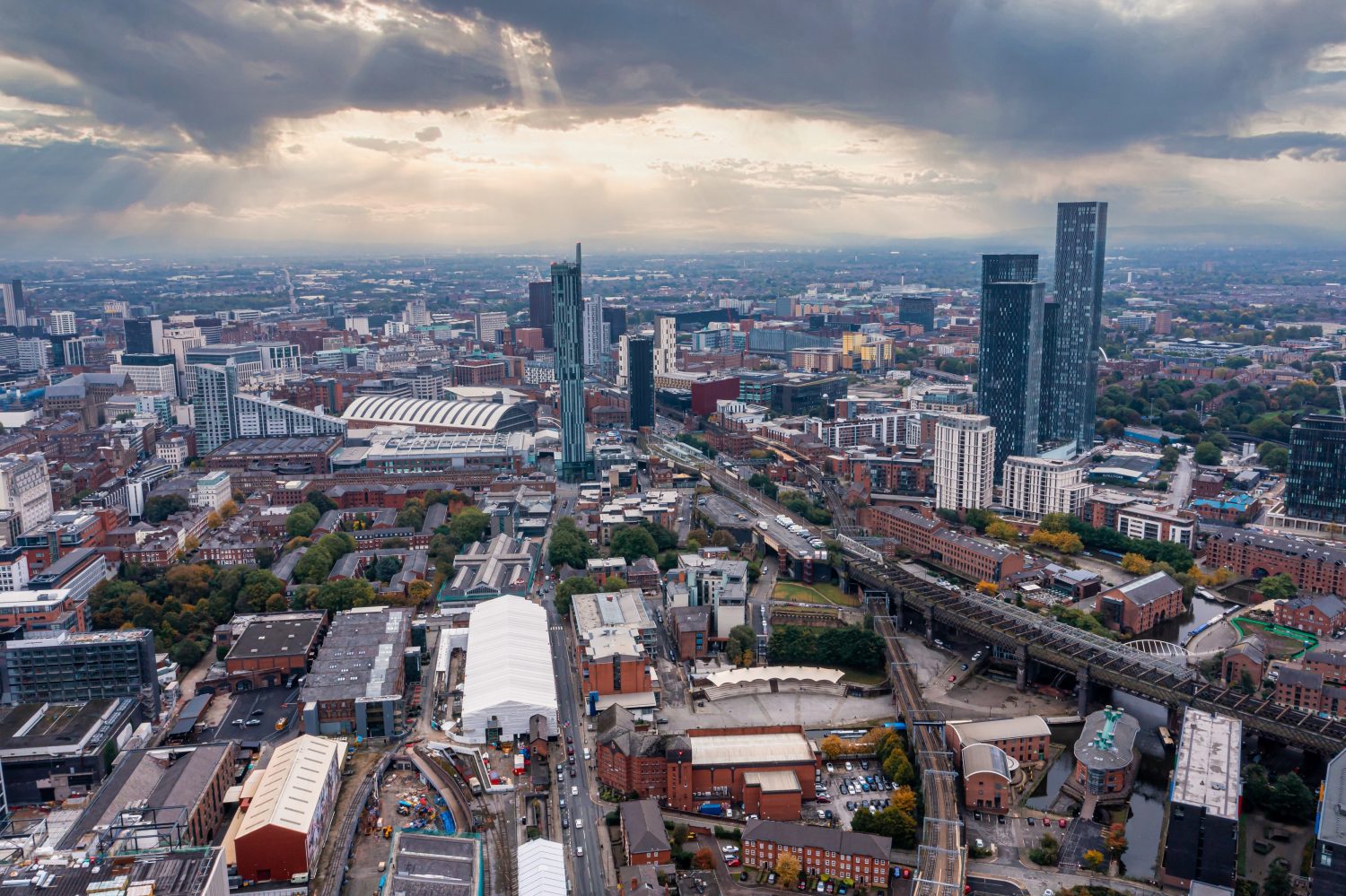 Things aren’t right with the UK, and everyone knows it, says Michael Orton. We are an insecure and anxious nation with a well-rehearsed list of problems: low pay, unaffordable housing, high rates of child poverty and so on. But these problems are well-known. Now it’s time to focus on the solutions. Here are ten ideas to start the debate.
Things aren’t right with the UK, and everyone knows it, says Michael Orton. We are an insecure and anxious nation with a well-rehearsed list of problems: low pay, unaffordable housing, high rates of child poverty and so on. But these problems are well-known. Now it’s time to focus on the solutions. Here are ten ideas to start the debate.
There is a superabundance of material about problems such as poverty, insecurity and many more, but few studies address what might be done to change things; there is a common pattern where authors of reports say that ‘the results demonstrate a challenge to government’ but then say nothing more.
‘Angry and fruitless’ is how discussions about poverty have been described but is an apt description of debate more broadly. At one end of the political spectrum are those who see markets as the solution to pretty much everything and at the other, those who see capitalism as the cause of problems and its overthrow as the essential precursor of change. Then there are strong advocates of single issue policies such as Citizen’s Income.
What is most evident is lack of agreement on ways forward.
New thinking is required and in a Compass report, Secure & Free, I start to tackle this challenge, inspired by advice from the Webb Memorial Trust that “we need to put our energy not into further descriptions of problems but identifying solutions.”
The paper uses insecurity as a lens through which to understand current problems – insecurity is important as a tangible experience in relation to issues such as employment, income and housing, but also speaks to worry, anxiety and the sense that things are just not right – but also uses redressing insecurity as a framework for developing solutions.
Consensus building is a key theme, with it argued that insecurity is not a single-issue problem affecting only a minority of people; it has deep-rooted causes, to the extent that its redress requires the kind of broad-based agreement needed to achieve major national change.
This also means taking a ‘Both-And’ not an ‘Either-Or’ approach. Binary choice invariably leads us into dead-end thinking and pointless argument. It is a ‘both-and’ approach that provides potential ways forward, recognising the realities of the contemporary UK and embracing a role for both markets and social justice, profit and social responsibility, the public and private, employers and unions, the collective and the individual, the financial and the relational, the state and communities and families.
Engagement with civil society is central to the paper. Politicians talk about in/security – the very title of the Conservative Party 2015 Election manifesto was ‘A Brighter, More Secure Future’ – but it is within civil society that detailed plans exist. Reflecting the need to build consensus, which first requires focus on points of agreement not disagreement, a wide variety of sources are drawn upon ranging from Civitas to Friends of the Earth, Bright Blue to the New Economics Foundation, The Good Right to the TUC and James Kirkup to Polly Toynbee.
10 ideas to deliver socio-economic security are identified, as below. Seeking a more secure future is about strong socio-economic foundations. Laying foundations is a critical but invariably low-key part of any building project and there are echoes here. There are no silver bullets. There is little novelty nor headline grabbers. The ideas are practical, gradualist and affordable.
Proactive upstream measures are, however, emphasised. Security is not achieved by reacting to problems, but preventing problems from arising in the first place.
| Ideas | Themes |
|---|---|
| Good jobs in a balanced and sustainable economy | 1. A massive investment in high-tech low carbon manufacturing, with various funding options 2. A self-financing mass house building and home energy efficiency programme 3. Make improving productivity and improving the quality of employment mutually reinforcing aims |
| A decent basic standard of living | 4. Make raising the National Living Wage to 60 per cent of median earnings by 2020 a legislative commitment not just an ambition 5. Put money directly into the pockets of families and promote childhood well-being by prioritising significant real increases in Child Benefit 6. Compass will seek to work with other civil society groups on building consensus around a decent basic standard of living and starting a shift from welfare for some to social security for all right through to older age |
| The best start in life | 7. Make Early Childhood Education and Care a specific and distinct element of the universal care and education system, free at the point of delivery 8. Implement non-financial help for families plus relationship support |
| Secure and affordable housing for all | 9. A Right to Sell, meaning anyone who can no longer meet mortgage repayments can sell their property to a registered social landlord but remain as a tenant paying fair rent, complementing the Right to Buy 10. Expand current fair rent controls and secure tenancies to all tenants |
| Also…many social actors say democratic renewal is a necessary condition for change. To build a strong and healthy democracy three additional Ideas are (a) Extend the use of the Single Transferable Vote system to all UK elections (b) Extend votes for 16 year olds to all UK elections and make first time voting compulsory (c) Begin the process of decentralisation and devolution of power from Westminster to the rest of the country. | |
Secure & Free does not follow the approach of a standard research report. It is not a paper which tries to persuade the reader of a particular perspective. Rather, readers are asked to join the consensus building through three questions:More important than the merits or otherwise of the individual ideas is the starting point they provide for building consensus on the basis of constructive dialogue among people of different political persuasions but who agree on the need to redress the problem of insecurity.
- Do you agree with the 10 ideas?
- Can you improve upon them?
- Can you suggest better ones?
Responses are greatly welcomed and can be posted here or emailed to michael.orton@warwick.ac.uk.
Note: This article gives the views of the author, and not the position of the British Politics and Policy blog, nor of the London School of Economics. Please read our comments policy before posting.
_____
 Michael Orton – is a Senior Research Fellow at the University of Warwick and kindly funded by the Webb Memorial Trust – Secure & Free is published by Compass – Together for a Good Society. He tweets at @MichaelOrton9
Michael Orton – is a Senior Research Fellow at the University of Warwick and kindly funded by the Webb Memorial Trust – Secure & Free is published by Compass – Together for a Good Society. He tweets at @MichaelOrton9








I love the idea of the right to sell. This could also incorporate older owner occupiers who have paid off their mortgage but need help to move to something more suitable. They could sell to a housing association who could also help them with the move.